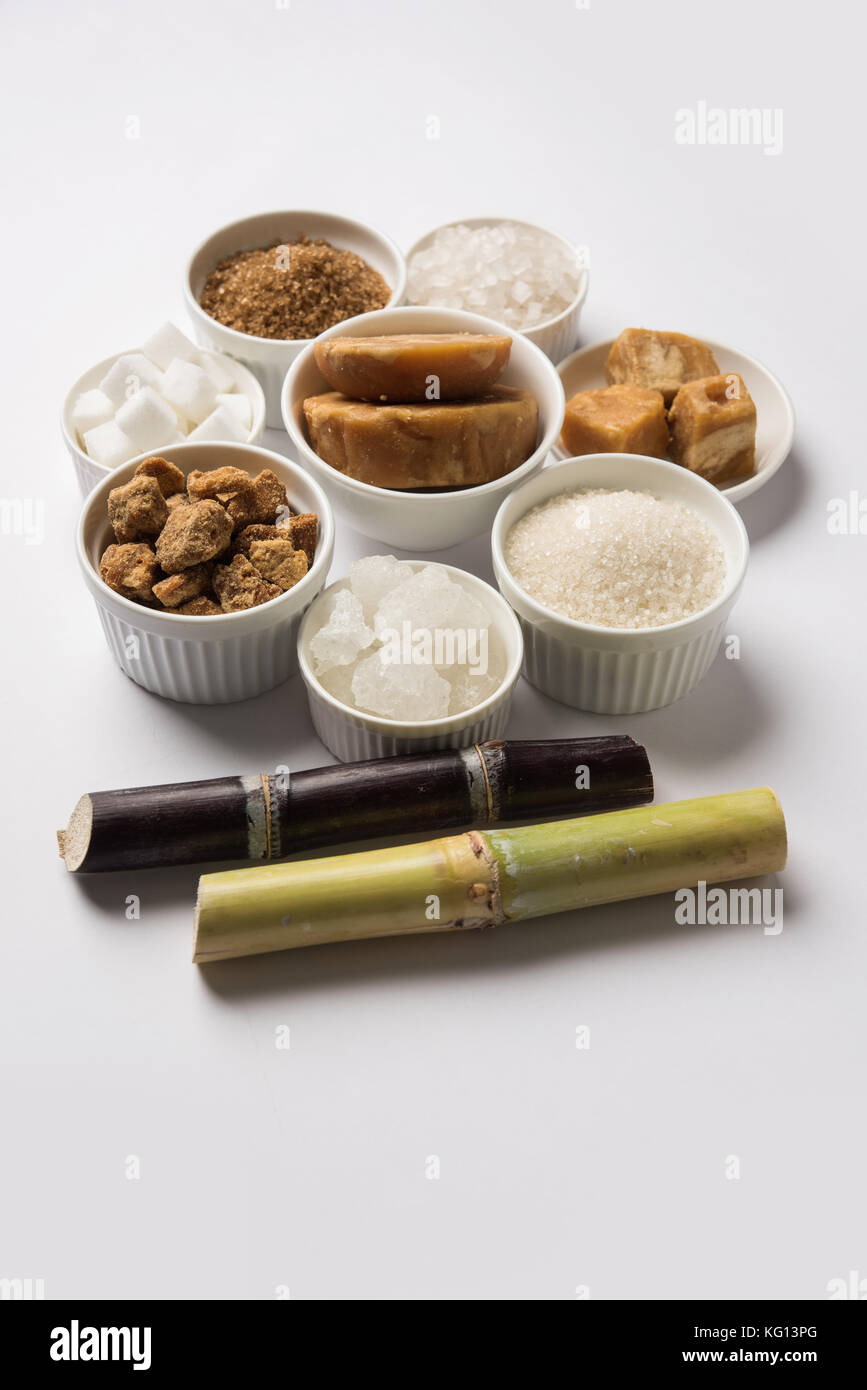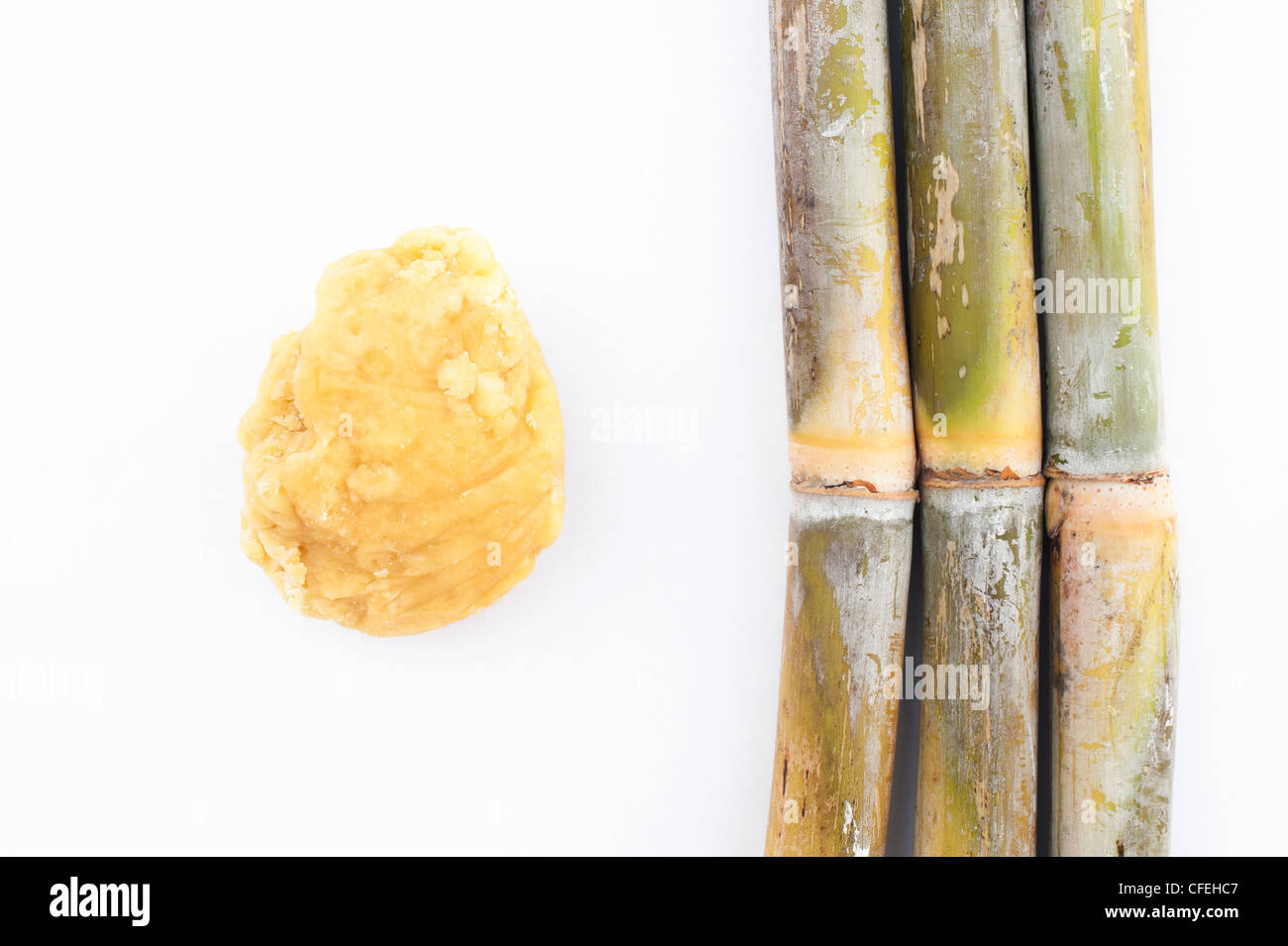From Sugarcane Product to Biofuels: The Diverse Uses of Sugarcane
From Sugarcane Product to Biofuels: The Diverse Uses of Sugarcane
Blog Article
Lasting Sugarcane Products: From Sweeteners to Eco-Friendly Product
The capacity of lasting sugarcane products extends beyond standard sweeteners to incorporate a range of environment-friendly goods, offering an engaging case for their assimilation into contemporary consumer techniques. As the globe grapples with pushing ecological problems, sugarcane arises as a flexible source capable of resolving both dietary requirements and sustainability objectives.
Introduction of Sugarcane Sustainability
As the demand for eco-friendly items grows, understanding sugarcane sustainability ends up being progressively crucial. Sugarcane, a flexible crop, is cultivated mostly in subtropical and exotic regions, and its sustainability is vital for both environmental health and wellness and economic viability. Lasting sugarcane farming practices concentrate on reducing ecological effect while maximizing productivity and profitability.
Secret facets of sugarcane sustainability include effective land usage, lowered chemical input, and improved water management. Practices such as plant rotation, incorporated insect administration, and organic fertilizing contribute to dirt health and wellness and biodiversity. Additionally, ingenious modern technologies, such as precision agriculture, help optimize source usage and lower waste.
In addition, sugarcane is a sustainable source, with spin-offs that can be made use of in various industries, from biofuels to naturally degradable plastics, consequently reducing reliance on nonrenewable fuel sources and lessening carbon impacts. Certifications like the Bonsucro basic motivate sustainable methods throughout the supply chain, promoting openness and responsibility.

Sugarcane-Based Sweeteners
Using sugarcane as a main source, sugarcane-based sweeteners have obtained prestige as natural options to artificial sweeteners and refined sugars (sugarcane product). These sugar, obtained from the removal and processing of sugarcane juice, provide a series of items that satisfy varied consumer choices, consisting of organic and minimally refined alternatives
Among the most notable sugarcane-based sweeteners are raw walking stick sugar, panela, and molasses. Raw walking cane sugar preserves more of the natural tastes and nutrients located in sugarcane, making it a favored option for health-conscious consumers. Panela, a typical Latin American sugar, is generated by evaporating sugarcane juice, maintaining its natural minerals and vitamins. Molasses, a result of sugar removal, is abundant in antioxidants and important nutrients, functioning as a nourishing sweetening representative in numerous cooking applications.
The growing demand for sugarcane-based sugar is driven by increasing awareness of health and sustainability issues associated with traditional sugar. By choosing sugarcane-derived items, consumers not only sustain lasting farming methods but also add to a much healthier way of living, aligning their dietary choices with their environmental worths.
Biodegradable Product Packaging Solutions
Emerging as a sensible alternative to traditional plastics, biodegradable packaging services derived from sugarcane are changing the packaging sector. These ingenious products give an eco-friendly choice that resolves the expanding problems over plastic contamination. Using the natural sugars discovered in sugarcane, suppliers are developing numerous forms of eco-friendly packaging, consisting of movies, containers, and covers that decompose much more swiftly than traditional plastics.
The key advantages of sugarcane-based product packaging depend on its sustainable sourcing and its capability to damage down right into safe results. Unlike fossil fuel-derived plastics, Home Page which can persist in the atmosphere for centuries, sugarcane packaging normally decays within a couple of months under appropriate conditions. This reduction in waste not only mitigates landfill overflow yet additionally lowers the carbon impact connected with packaging products.
In addition, sugarcane-derived packaging maintains durable efficiency features, providing comparable resilience and functionality to conventional alternatives. As consumers and companies significantly prioritize sustainability, the fostering of biodegradable product packaging remedies stands for a significant action in the direction of a round economic situation, where materials are reused and restored rather than discarded. This shift not just enhances brand name image but also adds to a more lasting future for the earth.
Eco-Friendly Textiles and Fabrics
Green textiles and materials are gaining grip in the fashion and home products markets as consumers increasingly demand sustainable choices to conventional products. Among the remarkable alternatives are textiles obtained from sugarcane, which use an ecologically responsible choice to artificial fibers. These textiles are produced via a procedure that makes use of the renewable energies discovered in sugarcane, significantly reducing reliance on petroleum-based products.

Brands are progressively incorporating environmentally friendly textiles into their product lines, mirroring a more comprehensive dedication to sustainability. This change is not just a trend but a necessary development in feedback to ecological concerns. As the marketplace for sustainable textiles expands, customers can eagerly anticipate ingenious designs that integrate design with eco-friendly obligation. Ultimately, green textiles and textiles stand for a significant step toward reducing the apparel industry's ecological impact while accommodating the expanding need for accountable customer options.
Innovations in Sustainable Farming
Transforming farming techniques, developments in sustainable farming are transforming the way plants are expanded and managed. These improvements focus on decreasing ecological impact while making best use of effectiveness and productivity.

Additionally, agroecology, which incorporates ecological find out principles right into farming, promotes biodiversity and dirt health. Practices such as plant turning, cover cropping, and intercropping foster resistant ecological communities that can endure insects and environment variants - sugarcane product. Additionally, using organic fertilizers and biopesticides contributes to healthier soils content and ecosystems

With each other, these developments are not just reshaping the farming landscape but likewise adding to an extra lasting future for sugarcane and other plants, straightening agricultural experiment environmental stewardship.
Conclusion
Sustainable sugarcane products stand for a substantial development in green options, extending from natural sugar to eco-friendly goods. As consumer preferences significantly lean towards lasting choices, the versatility of sugarcane as an eco-friendly resource becomes increasingly appropriate.
The possibility of sustainable sugarcane items prolongs beyond typical sweeteners to encompass a range of environmentally friendly products, presenting a compelling case for their assimilation into modern-day customer practices. Sustainable sugarcane farming techniques focus on reducing environmental impact while maximizing efficiency and productivity.
Sustainable sugarcane products represent a considerable development in eco-friendly options, extending from natural sweeteners to naturally degradable products. The farming of sugarcane through sustainable techniques not just boosts environmental health but additionally contributes to financial stability. As customer preferences significantly lean in the direction of sustainable choices, the adaptability of sugarcane as a sustainable resource comes to be significantly appropriate.
Report this page